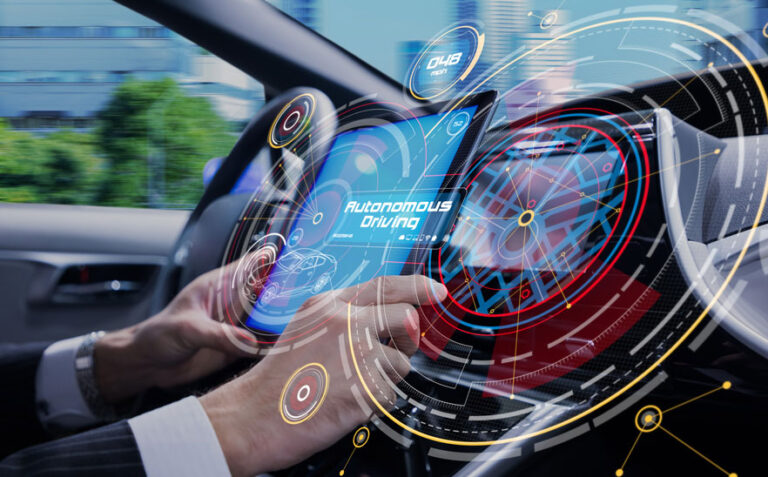– By Marc Sibbald –
Although we are well into the year, FAN recently spoke to some key fleet industry figures to get their insights on what Fleet Managers can expect in 2019 and beyond. The central themes are alternative fuel sources, technology and the evolving face of the fleet carpark as vehicle preferences changes.
FAN is also looking forward to the 2019 Australasian Fleet Conference and Exhibition later this month to hear from more industry leaders on the key issues facing Fleet Managers in 2019.
One of the big questions being asked is – will electric vehicles be a reality for fleets in 2019?
The answer is Y-E-S according to Iaen Paul, Senior Manager Business Sales, at Hyundai Motor Corporation Australia. “They’re already making their way in,” says Paul, “with both government and corporate clients placing orders for 2019 delivery.”
Scott Thorpe, General Manager, Sales and Marketing at ORIX Australia, agrees that 2019 will be the year electric vehicles find their way into fleets.
“Many organisations are already in advanced discussions around EV possibilities with ORIX Australia and together we’ve been able to come up with some clever pricing approaches,” says Thorpe.
“We can also expect the pace of adoption to increase once compelling TCO data from overseas examples is received, incentivising Australian organisations to get serious about electric. We expect this to bring about progress in the area of enabling policy and supporting infrastructure.”
The winner of the federal election this month is expected to assist fleets and consumers to move towards an electric motoring future. One way governments will influence the Australian car park is the coming changes in state government fleet policies which could result in a significant increase in the demand for electric vehicles.
Manheim responded to questions from FAN stating that electric vehicles still remain a niche category accounting for roughly 2,000 new vehicle sales per annum. But they think this will change when the NSW government proceeds with its commitment to make 10% of its new fleet electric by 2020.
In January 2019, the NSW government also announced a $3 million co-investment in fast charging points for electric and hybrid vehicles on major regional corridors and announced $2 million would be invested in new charging points in commuter car parks. With the current Coalition government announcing in February that it will fund a National Electric Vehicle Strategy, Manheim expects interest in EVs to grow over time.
Walter Scremin, General Manager of Ontime Delivery Solutions, thinks it’s still too early to get excited about EVs.
“If electric vehicles provide benefits in running costs and maintenance, while not involving too much cost outlay, then more fleets will use them. However, the transition to electric is a long term game and will play out over several years,” said Scremin.
Nigel Malcom, CEO of Fleetcare, sees several challenges with EVs in 2019. “We will see a slight increase in electric for 2019, the fleet consumer rightly has range anxiety and the Fleet Manager has cost anxiety,” says Malcolm.
“Until we see a lowering in price, greater selection and a stronger aftermarket the electric vehicle will not be a strong contender for fleets.”
Charging infrastructure has been a challenge for the early adopters of EVs and the investment is now happening so there’s no doubt that most fleets will be electric next few years. Hydrogen as an alternative fuel source appears to have some more hurdles to overcome before fleets are willing take the leap of faith.
Chris Forbes, National Fleet Manager at Kia Australia, says “It is expected that future mobility solutions will not just rely on one type of fuel. EV, Hybrid, PHEV, and hydrogen will all feature in some way.”
“Which fuel type is the most popular will come down to whole of life cost, and the available infrastructure at the time. I am not sure Australia has the ability to fund both wide spread EV and FC infrastructure in the short term.”







